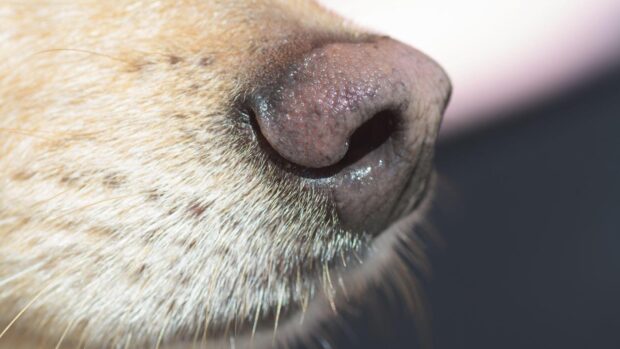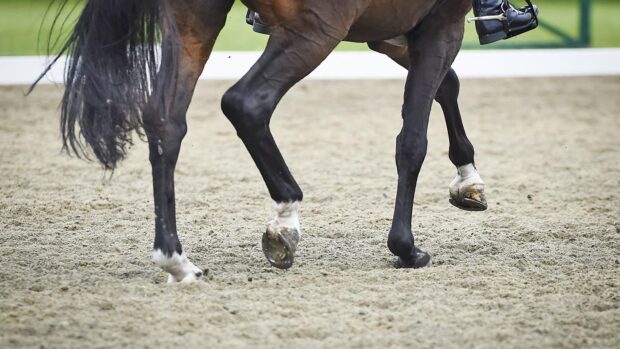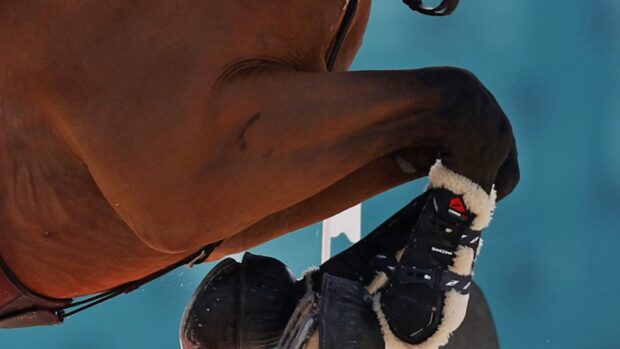THE FEI is satisfied a policy brought in last year to provide greater flexibility around anti-doping violations that likely occur as a result of contamination has “delivered on its purpose”.
Under the atypical finding (ATF) policy, which launched in January 2021, if a horse tests positive for certain listed prohibited substances, the FEI will initially treat this as an ATF and give the person responsible an opportunity to establish the source of the prohibited substance. After information is gathered, the ATF panel makes a decision on the case. If the panel is satisfied, no further action is taken and the results from the event where the positive sample was taken are not disqualified.
If the person responsible cannot establish the source of the prohibited substance – or the panel is not satisfied with the explanation given – the FEI must treat the case as an adverse analytical finding, and disciplinary proceedings under anti-doping rules will apply.
The FEI has published its ATF report for 2021, during which 12 ATFs were reported. Nine cases involved prohibited substances “generally considered more likely to have been ingested by horses through a contaminated feed source”. Of the 12 cases, four (three showjumping and one dressage case) were closed and eight (showjumping, eventing and endurance cases) were pursued as AAFs.
“Following the first year of the policy’s implementation, the FEI is satisfied the policy delivered on its purpose of providing greater flexibility of the equine anti-doping and controlled medication programme – and in doing so addressed the requests from athletes and national federations in that regard,” an FEI spokesman told H&H, adding it believes “clear processes” that are “easily understandable” had been established and the panel had been issuing “timely and well-reasoned” decisions.
The spokesman said the policy establishes an “additional protective layer” for athletes and their support personnel in cases of suspected contamination or in cases of potentially endogenous [naturally occurring] substances.
“Nonetheless, this should in no way replace the anti-doping protocols that each athlete should adopt in the management of horses, which not only aid in preventing any potential ATF/AAF but also facilitate investigation and collection of evidence should the horse’s sample return an ATF/AAF,” he said.
The policy was launched following concerns from national federations about contamination cases, including a number of cases involving synephrine in 2019. That year the South African federation requested synephrine be removed from the prohibited list, as it is a naturally occurring substance in the country’s grass, but the request was turned down.
An FEI spokesman told H&H while synephrine, which is classified as a specified substance, can be naturally occurring, “it can also be abused”. He added that the FEI and its approved laboratories have evaluated the synephrine cases and “adjusted the reporting levels for the substance” and there have been no cases since.
South African showjumper Lisa Williams’s horse Campbell returned a positive sample for synephrine in 2019 after eating hay from South Africa that naturally contained the substance. At a Tribunal she was found not to be at fault and was not suspended or fined, but her competition results, including a World Cup leg win, remained disqualified. She has welcomed the ATF policy.
“The policy is a revolutionary concept for athletes who can prove contamination. I am glad to know that if my case happened today there would be no violation, but I am frustrated that since the policy was not in effect when my horse tested positive, the FEI declined to apply it retrospectively and I was still sanctioned with disqualification of my result,” she said, adding that it would be “better and less problematic” if synephrine was removed from the list. The FEI said during Ms William’s Tribunal the policy could not be applied retrospectively as this would “threaten the level playing field” and provide a disadvantage to others who have had synephrine cases.
“It is very hard for us to avoid contamination in most cases and it would help for the FEI to calculate performance enhancing levels of all substances, and not penalise athletes unfairly for substances that are not enhancing performance in any way.”
You might also be interested in:

Anti-doping rule changes agreed for horse sport

Urgent calls for action to reduce contamination risks at shows

Subscribe to Horse & Hound magazine today – and enjoy unlimited website access all year round
Horse & Hound magazine, out every Thursday, is packed with all the latest news and reports, as well as interviews, specials, nostalgia, vet and training advice. Find how you can enjoy the magazine delivered to your door every week, plus options to upgrade your subscription to access our online service that brings you breaking news and reports as well as other benefits.




